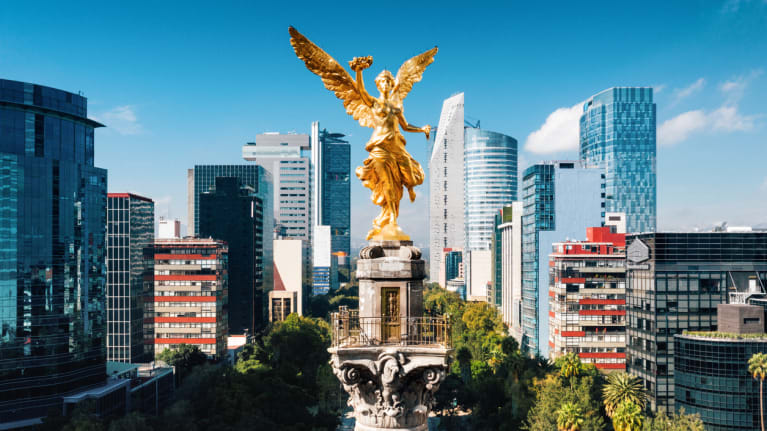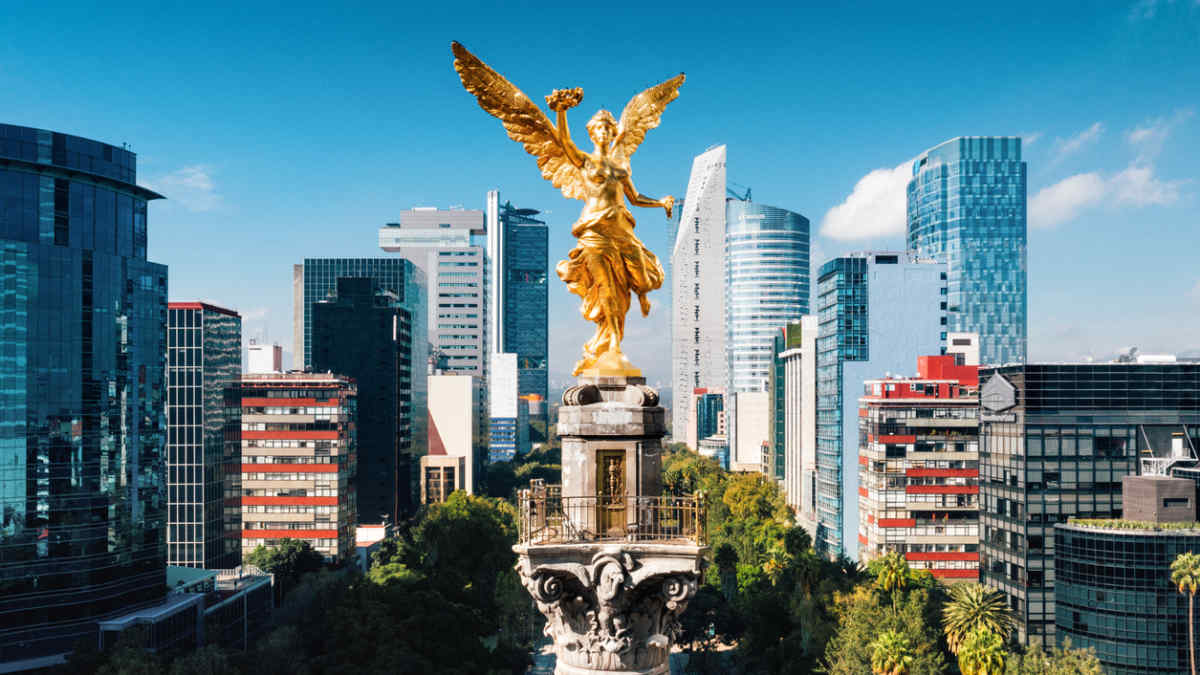

?Minimum-wage workers in Mexico received a 20 percent raise effective Jan. 1, after government, business and labor leaders agreed to the increase late last year.
While the increase applies only to minimum-wage jobs, it could come into play as a reference point in collective bargaining negotiations between employers and labor unions.
Mexico boosted its general minimum wage to 207.44 pesos ($11.54) per day from the previous $172.87, with an increase to 312.41 pesos ($17.38) per day in the Free Zone of the Northern Border from the previous 260.34 pesos.
The general minimum wage “needs to be paid to all employees working in Mexico. However, it is important to note that there is a list of 61 professional minimum wages that were also increased,” said Mónica Schiaffino, an attorney with Littler in Mexico City.
“It is also relevant to note that according to the reform to the Federal Labor Law in 2012, part-time employees are also entitled to at least a minimum wage,” she added.
The Free Zone of the Northern Border involves 43 municipalities in the states of Baja California, Sonora, Chihuahua, Coahuila, Nuevo León and Tamaulipas, which border the U.S. Mexico created the zone partly because of the high cost of living in those municipalities, Schiaffino said.
Increase Comes Amid High Inflation
Pietro Straulino-Rodriguez, an attorney with Ogletree Deakins in Mexico City, noted that by law, the increase applies only to employees earning minimum wage. “If an employee is paid above the minimum wage, there is no requirement to increase his or her salary,” he said.
The minimum-wage increase affects about 6.4 million workers, or a third of Mexico’s official labor force, Reuters reported in December, citing the head of the country’s National Minimum Wage Commission (Spanish acronym CONASAMI).
Mexican law requires the CONASAMI to meet yearly to determine the minimum wage for the next calendar year, Straulino-Rodriguez explained.
“The minimum wage determined for this year is not enough for someone to be able to have a decent life. However, the government via the commission has been increasing the minimum wage considerably” in the past few years, he said.
Bloomberg reported recently that inflation in Mexico accelerated unexpectedly early last month and was up 7.94 percent from a year earlier, with core inflation, which excludes fuel, going even higher.
Mexican President Andrés Manuel López Obrador said when announcing the minimum-wage increase that he didn’t expect it to exacerbate the country’s already high inflation, according to Reuters.
Impact on Collective Bargaining, Benefits, Taxes
One Mexican law firm noted that the 20 percent increase has two parts: a 10 percent boost approved by CONASAMI and the rest as an independent recovery amount (Spanish acronym MIR).
This is relevant because for collective bargaining and pay scale revision purposes, “the increase that will be published by CONASAMI is usually taken as a reference, that is, only 10 [percent], but not the sum of the percentage plus the MIR,” the law firm Basham Ringe y Correa wrote in a blog post.
Meanwhile, the Paul Hastings law firm wrote in a post that unions take the minimum-wage increase as a reference for collective bargaining, “so we anticipate harsh negotiations for the revisions to collective bargaining agreements.”
In addition, the minimum-wage increase will serve as an index affecting certain payments, such as taxes, that employers must pay to authorities, because they’re linked to salaries, Straulino-Rodriguez explained. “Once again, only the minimum wage got increased, not all salaries,” he said.
However, Schiaffino said the increase shouldn’t affect employee benefits, except for Christmas and vacation bonuses that are linked to workers’ base salaries.
Social Welfare Benefits Not Based on Minimum Wage
Social welfare benefits must now be measured with the Measurement and Update Unit (Spanish acronym UMA), created in 2016 to reduce the inflationary impact from minimum-wage increases, Schiaffino said. “Therefore, benefits such as savings funds and grocery vouchers that were originally based on minimum wages now increase according to the UMA,” she said.
In 2016, former Mexican President Enrique Peña Nieto created the UMA to separate fines and other administrative charges from the minimum wage, thus allowing minimum-wage growth, which had been significantly limited to avoid an inflationary effect, Schiaffino said.
Commitment to Further Raise Minimum Wage
López Obrador has said Mexico’s minimum wage will increase by at least 100 percent while he is president.
“Therefore, thanks to the creation of the UMA in the previous six-year term, the current president has been able to increase the minimum wage to these levels,” Schiaffino said.
When López Obrador took office in 2018, he committed to raising the minimum wage by 15.6 percent a year, according to Mexico News Daily, which noted he has done so by double-digit percentages five times so far.
Dinah Wisenberg Brin is a reporter and writer based in Philadelphia.

